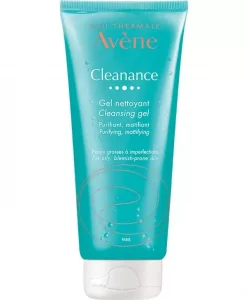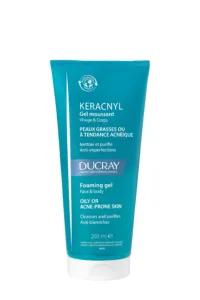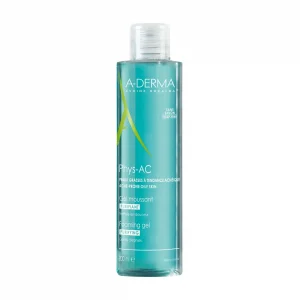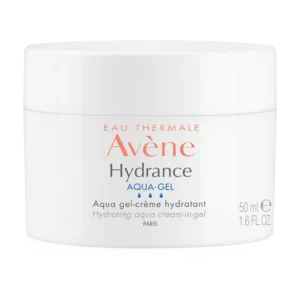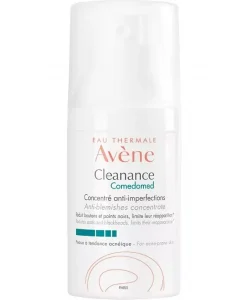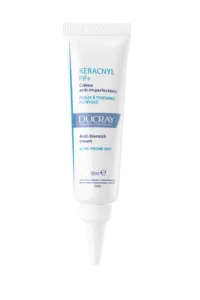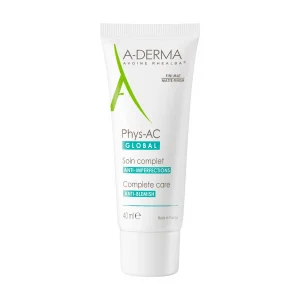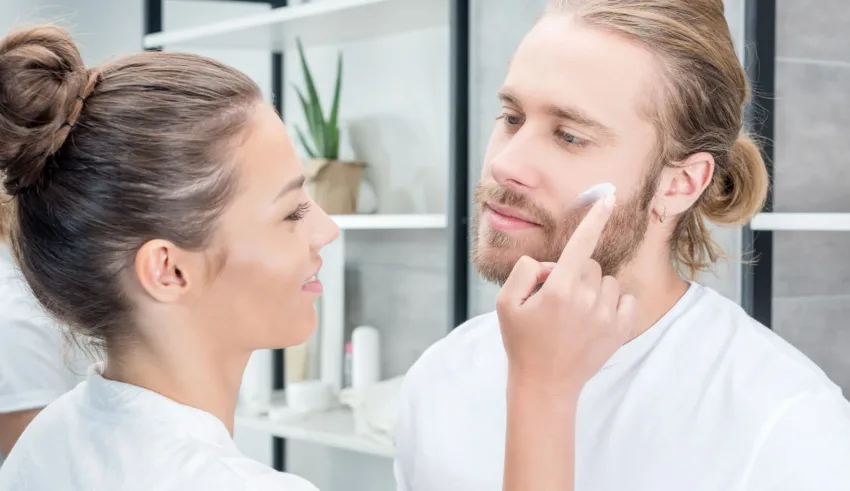
Acne is a common skin condition affecting both men and women. But did you know that there are actually major differences between the two genders, largely due to skin variations? Despite these differences, one thing is certain: all acne sufferers want to know how to get rid of this annoying skin condition for good. In this article from The Dermo Lab and in collaboration with the dermatologist Dr. Marwa Moris, we explain why it’s important to know the differences between the two in order to set up an effective acne treatment plan!
What’s the difference between male and female skin?
The skin is the largest organ in the human body, and its main function is to provide a protective physical barrier that absorbs harmful ultraviolet (UV) rays and prevents the invasion of harmful microorganisms.
The essential differences between male and female skin are mainly due to the presence in the body of the main male sex hormone, testosterone. It is responsible for men’s masculine characteristics and, although it is present in both sexes, men generally have higher levels (10 times more than women), which has an impact on the way acne presents itself and its characteristics.
Below, we describe four fundamental differences:
- Men tend to have oilier skin, while women tend to have drier skin.
- Men have much higher levels of androgens and active sebaceous glands, which increase sebum levels in the skin.
- Men’s skin pH tends to be lower than women’s and, in addition to more active sweat glands, the skin is more prone to impurities. Conversely, in women, a lower skin pH provides an ideal breeding ground for acne-causing bacteria.
- Men’s skin is 25% thicker than women’s, with a thicker texture that tends to age more slowly.
Given these differences between male and female skin, it makes sense that the underlying causes, characteristics, and treatment of acne are also different.
What’s the difference between male and female acne?
As a reminder, acne is an inflammatory condition that is primarily a hormonal process, i.e. excess testosterone triggers excessive sebum production that clogs the skin, causing inflammation and proliferation of the dreaded P. acnes bacteria in the affected area.
Similarly, the main factors responsible for acne are the same for both sexes: excess sebum, accumulation of dead cells, proliferation of acne-causing bacteria, and inflammation. There are, however, slight differences:
- Women are more likely to develop adult acne.
According to Dr. Marwa Moris, female adult acne is often associated with stress, sleep deprivation, and hormonal fluctuations, particularly around the time of menstruation, pregnancy, and conditions such as polycystic ovary syndrome (PCOS). She adds that the prevalence of acne in adult women has increased, potentially due to the pressures of modern life and hormonal imbalances.
- Men are more likely to have long-lasting acne and to suffer from cystic acne.
Dr. Marwa Moris notes that male acne is influenced by different skin physiology compared to women, including variations in transepidermal water loss, pH, and sebum production.
- Women tend to have more unpredictable acne symptoms, due to their more complex hormonal make-up than men.
In addition, men’s and women’s lifestyles vary – for women, the result of product and make-up and fragrance overload, and for men – shaving which causes razor burns, ingrown hairs, cuts, and abrasions, all of which can lead to the potential for irritating and aggravating acne flare-ups.
What’s the difference between acne treatments for men and women?
Dr. Marwa Moris explains that treatment for adult women often includes topical treatments and hormonal therapies, such as oral contraceptives and anti-androgens like spironolactone, particularly if acne is linked to hormonal imbalances. In contrast, treatment for men focuses more on the physiological aspects of the skin, using topical and systemic treatments without an emphasis on hormonal therapies, unless specific conditions such as endocrine abnormalities are identified.
However, there are steps both men and women can follow to combat acne as soon as it appears, such as good skin hygiene: cleansing, moisturizing, applying spot treatments and sun protection.
1- Cleansing:
Go for a gentle, fragrance-free cleanser that will cleanse your skin without causing irritation. Avoid harsh soaps or cleansers that strip your skin of its natural oils, as they can exacerbate acne.
Our choice of products:
Eau Thermale Avène Cleanance Cleansing Gel
Ducray Keracnyl Foaming Gel
A-Derma Phys-AC Foaming Gel
2- Moisturizing
The key to keeping pores clear is to choose non-comedogenic, oil-free moisturizers. A hydrated skin is better prepared to fight acne and heal existing blemishes.
Our choice of product:
Eau Thermale Avène Hydrance Aqua-Gel
3- Applying spot treatment products
Opt for topical treatments that target acne, such as benzoyl peroxide, which kills acne-causing bacteria, and topical retinoids, which help regulate skin cell turnover and reduce inflammation.
Our choice of products:
Eau Thermale Avène Cleanance Comedomed
Ducray Keracnyl PP+ Anti-Blemish Soothing Cream
A-Derma Phys-AC Global
4- Applying sunscreen
Acne-prone skin can be sensitive, and sun exposure can aggravate inflammation and cause post-inflammatory hyperpigmentation. Make sure you apply sunscreen generously, even on cloudy days, with a broad-spectrum SPF of at least 30.
Our pick:
Eau Thermale Avène Cleanance Sunscreen SPF 50+
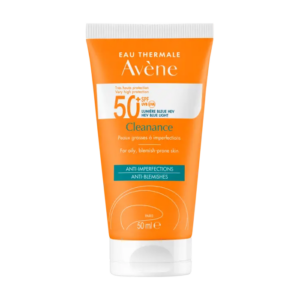
FAQ on male and female acne
Where does acne appear in men and women?
Dr. Marwa Moris reports that acne in adult women is often most marked on the lower chin, jawline, and neck, and lesions can be inflammatory, including papules, pustules, and nodules. In men, acne is generally more severe in adolescence and more widespread on the face, back, and chest.
Can contraceptive pills help women fight acne?
Yes, certain types of contraceptive pills can be an effective treatment for women suffering from hormonal acne. Birth control pills that contain both estrogens and progestins, particularly progestins with anti-androgen properties, can help regulate androgen levels, thus reducing sebum production and helping to control breakouts.
Does facial hair affect male acne?
Yes, facial hair can have an impact on male acne. Facial hair, especially in the beard area, creates a trap for sebum, sweat, and bacteria. This accumulation of substances creates an environment conducive to the development of acne. When sebum and dead skin cells accumulate in hair follicles, they clog pores, leading to the appearance of comedones or “clogged pores”. Trapped sebum provides an ideal breeding ground for acne-causing bacteria, triggering inflammation and the formation of acne lesions such as pimples or cysts.
How do lifestyle factors affect acne in both sexes?
Lifestyle factors, such as diet, stress, and skin care habits, play an important role in the manifestation of acne in both sexes. Diet, particularly that rich in foods with a high glycemic index, has been associated with acne flare-ups. Men and women who frequently consume sugary drinks, white bread, pasta, and sweets are at risk of more breakouts due to increased insulin levels, which stimulate sebum production.
Stress is another factor affecting acne in both sexes, leading to increased production of hormones such as cortisol, which can stimulate the sebaceous glands.
Finally, skin care habits have a significant impact on acne. Poor hygiene, infrequent face washing and not removing make-up can lead to clogged pores and increased acne.
Dr. Marwa Moris notes that both men and women are advised to adopt a comprehensive skincare routine, consider lifestyle factors such as diet and stress management, and consult healthcare providers for personalized treatment plans.
Last Updated on April 18, 2024
